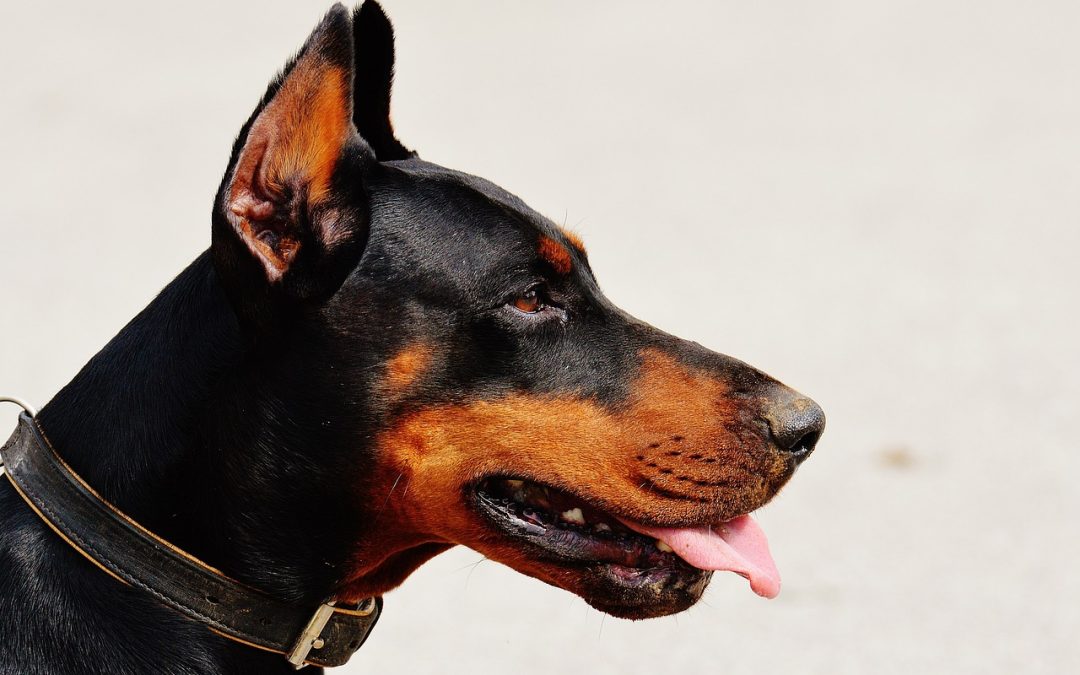Dog bite incidents can lead to serious injuries and emotional trauma for victims. Beyond the physical and emotional toll, there are important legal considerations surrounding these incidents. Understanding the legal side of a dog bite is crucial for both victims seeking compensation and dog owners navigating their responsibilities. This article explores the legal framework surrounding dog bite incidents, including liability, negligence, defenses, and potential legal recourse available to victims.
Dog Bite Laws and Liability
Dog bite laws vary across jurisdictions, Massachusetts is a strict liability state (MGL c.140, s.155). Strict liability means that the dog owner is liable for any injuries caused by their dog, regardless of the owner’s knowledge or the dog’s past behavior. In Massachusetts, a dog owner or keeper is liable if the dog causes personal injury or property damage and the injured person wasn’t trespassing, committing another tort, or provoking the dog. Other jurisdictions may have negligence-based liability, which requires the victim to prove that the owner failed to exercise reasonable care in preventing the dog bite.
Legal Recourse for Victims
An injury party must prove that the individual they are making a claim against was the owner or keeper of the dog at the time the incident occurred. Victims of dog bite incidents have legal recourse to seek compensation for their injuries, usually paid by the dog owner’s homeowner’s insurance.
In Massachusetts, victims may be entitled to recover damages such as:
- medical expenses
- future reconstructive surgeries
- property repairs
- pain and suffering
- lost wages
- and other related costs
It is crucial for victims to consult with an experienced personal injury attorney who specializes in dog bite cases to understand their rights and navigate the legal process effectively. It is important to be aware of the statute of limitations for filing a dog bite lawsuit. The statute of limitations sets a time limit within which a legal action must be initiated. Failure to file a claim within this timeframe may result in the loss of the right to seek compensation. The statute of limitations for a dog bite incident in Massachusetts is 3 years, with few exceptions according to MGL c.260, s.2A.
Reporting and Investigation of Dog Bites
Following a dog bite incident, it is important to report the incident to the appropriate authorities, such as animal control or local law enforcement. A thorough investigation will be conducted to determine the circumstances surrounding the incident, including gathering witness statements and evaluating the dog’s history and behavior. This information plays a vital role in establishing liability in other jurisdictions and supporting the victim’s case. An attorney specializing in dog bite cases can guide victims through the legal process, gather evidence, negotiate with insurance companies, and represent their interests in court, if necessary. Having professional legal support increases the likelihood of obtaining fair compensation and alleviates the burden of dealing with legal matters while focusing on recovery.
Dog Owner Responsibilities
It is important to add a dog to your homeowner’s insurance to have liability protection if your dog were to cause damages to someone. Failing to tell your homeowner’s insurance company about your dog in your residence could result in a claim being denied and you being personally liable for damages. There are certain dog breeds that insurance companies deem as too high-risk to cover. These restricted dog breeds often include:
- Akita
- Alaskan Malamute
- Cane Corso Mastiff
- Chow Chow
- Doberman Pinscher
- German Shepherd
- Great Dane
- Mastiff breeds
- Pit Bull breeds
- Rottweiler
- Siberian Husky
- Wolf hybrid
Most dogs don’t mean harm, but even friendly jumping dogs can knock someone down and cause injury. Sometimes even a “play bite” can cause harm. These cases frequently involve dogs and humans that you know personally whether they are a neighbor or family member. We will help navigate these complex situations. Our goal is to obtain compensation for our client’s injuries, not “prosecute” an animal owned by a generally responsible pet-owner.
References:
MGL c.140, s.155 https://malegislature.gov/Laws/GeneralLaws/PartI/TitleXX/Chapter140/Section155
MGL c.260, s.2A https://malegislature.gov/Laws/GeneralLaws/PartIII/TitleV/Chapter260/Section2A

